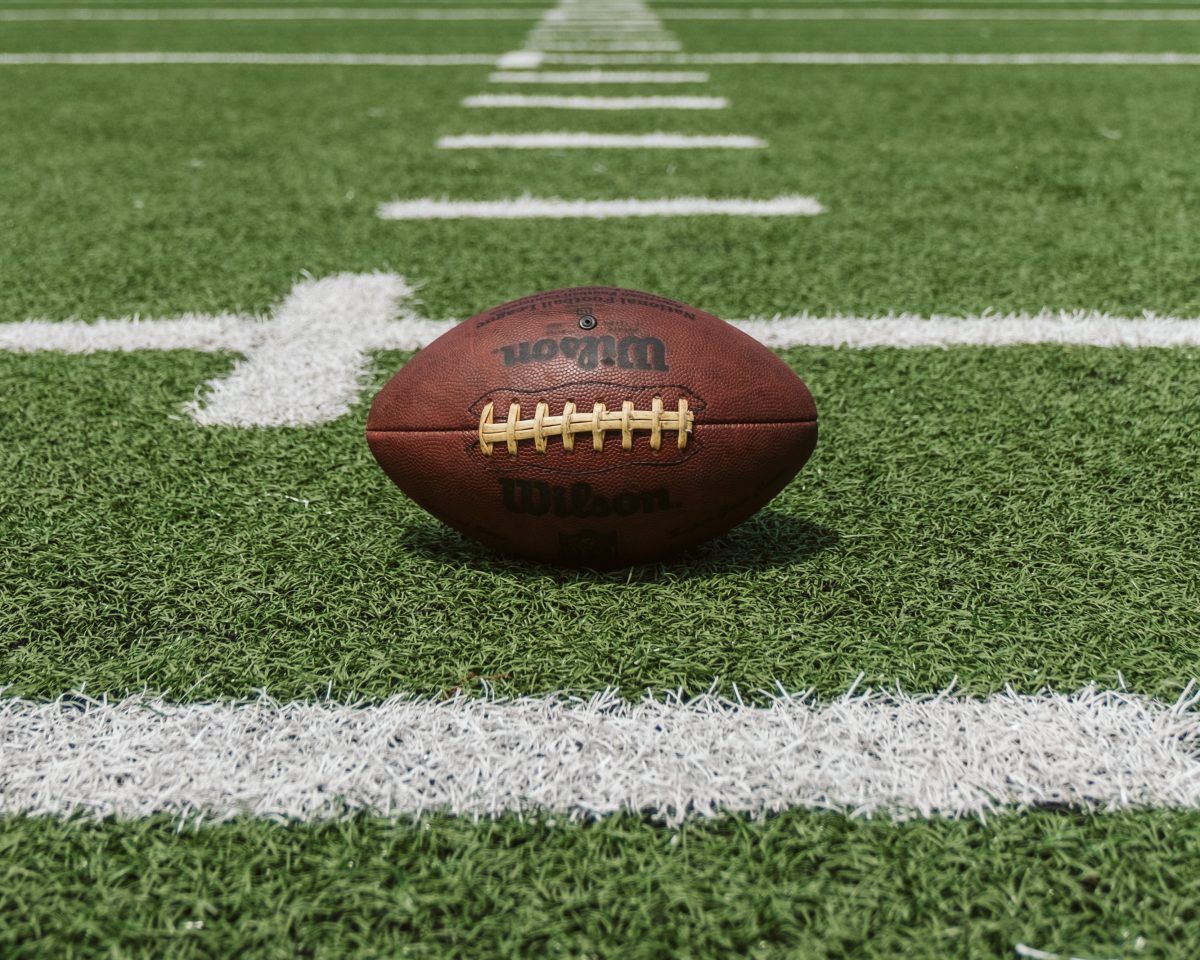Former Miami Dolphins Head Coach Brian Flores denounced race discrimination in hiring practices, termination practices, and the terms and conditions of employment in the NFL. Flores sued the NFL and all 32 teams, most of which have denied the allegations and sustained that they have not partaken in discrimination of any kind. Furthermore, the NFL looks to move the case into arbitration because allegedly all the matters raised by the plaintiffs are covered by the arbitration agreement. But will the defendants be able to push the Flores case into a Roger Goodell-led arbitration with the league as a party?
In the scope of player discipline in the NFL, the collective bargaining agreement (“CBA”) gives the Commissioner (currently Roger Goodell) almost absolute authority to impose discipline in the first instance and then to review his own decision upon the filing of an appeal by the accused player through the NFL Players Association (“NFLPA”). Yet, unlike player discipline cases, the CBA is not in effect in the same way for a lawsuit like the one Brian Flores has presented because the league’s own conduct is directly at issue. The league is looking to have its very own CEO to act as a “neutral” arbitrator to decide the outcome of severe allegations against his employer.
What the defendants are banking on is that most NFL coaches’ contracts “shall be governed by and construed in accordance with the Constitution, Bylaws, rules, and regulations of the National Football League” and section 8.3(E) of the NFL Constitution and Bylaws precisely states that “[t]he Commissioner shall have the full, complete and final jurisdiction and authority to arbitrate…[a]ny dispute involving a member or members in the League or any players or employees of the members of the League or any combination thereof that in the opinion of the Commissioner constitutes conduct detrimental to the best interests of the League or professional football.”
In addition, the fact that the case has a class-action factor to it should weigh against the move towards arbitration. No NFL Commissioner has ever resolved class action claims and it seems quite inadvisable that Roger Goodell with no class action experience and without a law degree decides the fate of a class with a myriad of potential members.
Regardless of the questionable validity of the implicit arbitration agreement that the NFL seeks to enforce and the class-action status of the case, the real issue is one of bias; how can an employee who has made over $120 million in the past two years act impartially as the final arbitrator of all claims presented against his very employer. The United States Supreme Court has been clear in its position that litigants cannot be authorized to submit their controversies to arbitration boards that might be reasonably biased in favor of either of the parties. (see Commonwealth Coatings Corp. v. Cont’l Cas. Co. – 393 U.S. 145, 89 S. Ct. 337 (1968)). Section 10 of the Federal Arbitration Act (FAA) even grants courts the authority to vacate an arbitral award “where there was evident partiality or corruption in the arbitrators, or either of [the parties].”
For a case like the Flores case, which has not yet been taken to arbitration and the discussion is whether the contractual arbitration provision should be enforced, the law is that in an appropriate case, the courts have inherent power to disqualify an arbitrator before an award has been rendered. Since the arbitration agreement that the NFL seeks to invoke does not cite the Federal Arbitration Act and only states that the Commissioner should conduct the arbitration, the law of New York, where the NFL has its headquarters, holds great relevance. In regards to the standard of review in New York, the proper standard of review for the disqualification of an arbitrator “is whether the arbitration process is free of the appearance of bias” (Rabinowitz v. Olewski, 100 A.D.2d 539, 540, citing Commonwealth Corp. v. Continental Co., 393 U.S. 145)
A very similar case has been recently decided and sheds light on the issue. Nostalgic Partners, LLC (d/b/a The Staten Island Yankees) v. New York Yankees Partnership is the mirror image of the matter at hand. In this case, the New York Yankees and the MLB served as defendants in a tortious interference with contractual relations lawsuit filed by a once minor league affiliate of the Yankees and the defendants filed a demand for arbitration before the Commissioner of Major League Baseball, per a contractual arbitration provision. In his December 17, 2021 decision, Justice Barry Ostrager of the New York County Supreme Court concluded that “[b]ased on the appearance of impropriety, the Commissioner of Major League Baseball should not arbitrate a dispute of claims that are asserted against Major League Baseball.”
Brian Flores’ attorney Douglas H. Wigdor wrote in a letter he sent to the Miami Dolphins, who also seek to move the case to arbitration, “Indeed, arbitration is by its very nature a secretive process that takes place behind closed doors and outside of the public eye. The lack of transparency in arbitration only serves to continue the status quo-which in this case, is one that you have conceded must be fairly evaluated and potentially overhauled. That cannot happen in arbitration. In addition to being secret and confidential, it is a well-accepted fact that arbitration presents a barrier to justice for victims of discrimination and other misconduct.” Moreover, Flores and Wigdor have declined invitations to meet and discuss the issue of race discrimination and the case at hand with the NFL precisely because of the threat that they could meet with Roger Goodell now only to have him decide the case later, as the final arbitrator.
It may be logically improper for one of the parties’ CEOs to act as a final arbitrator for a dispute in which his employer is a litigator as it creates an obvious conflict of interest.

